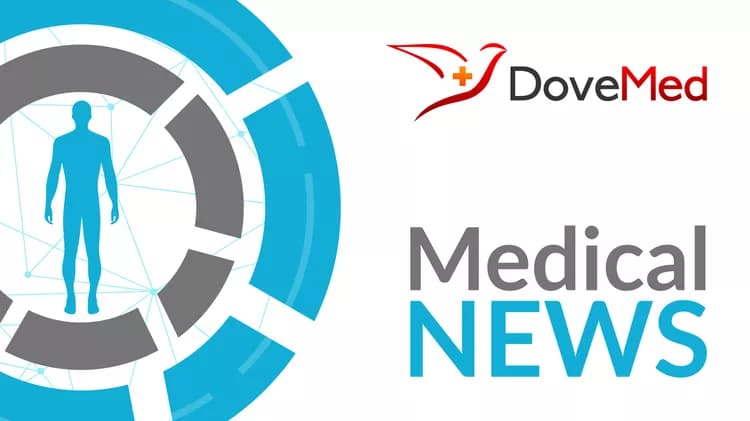
SAEM Publishes New Guideline For Treatment Of Acute Dizziness And Vertigo In The Emergency Department
Des Plaines, IL — The Society for Academic Emergency Medicine (SAEM) is pleased to announce the release of its third publication in a series of Guidelines for Reasonable and Appropriate Care in the Emergency Department (GRACE-3), which focuses on acute dizziness and vertigo. The article, titled Guidelines for Reasonable and Appropriate Care in the Emergency Department (GRACE-3): Acute Dizziness and Vertigo in the Emergency Department, is published in the May issue of SAEM's peer reviewed journal, Academic Emergency Medicine (AEM).
Acute dizziness or vertigo is a common emergency department (ED) presentation, accounting for 2.1%–3.6% of visits per year, with an estimated annual cost approximating $10 billion in the United States, a large proportion of which is related to imaging. The traditional diagnostic approach for these patients was developed 50 years ago and is based on symptom reports (asking patients “What do you mean by dizzy?”). Newer evidence suggests that a diagnostic paradigm based on the timing and triggers of dizziness rather than symptom quality is more useful. The GRACE-3 clinical practice guideline has been developed to address the critical need for evidence-based recommendations for the care of patients presenting in the emergency department with acute dizziness and vertigo.
A multidisciplinary panel of experts and patient stakeholders assessed the certainty of evidence and strength of recommendations regarding eight priority questions for adults presenting to the ED with acute dizziness and vertigo. They then developed 15 evidence-based recommendations based on the timing and triggers of dizziness, while recognizing that alternative diagnostic approaches exist. In particular, the panel stressed the importance of its recommendation that emergency clinicians should receive training for diagnosing and treating patients with acute dizziness.
To write this clinical practice guideline, the panel used Grading of Recommendations Assessment Development and Evaluation (GRADE) methodology, a framework used by more than 100 organizations from 19 countries for rating the quality of the best available evidence and developing clinical practice recommendations.
The lead author of the study is Jonathan A. Edlow, MD, professor of medicine and emergency medicine at Harvard Medical School. Dr. Edlow commented on the study findings:
“Like many emergency physicians, I did not start out liking neurological emergencies. Among those, acute dizziness was probably my least favorite. Currently, the care of patients with this very common clinical presentation is not based on best evidence. But newer studies have opened the door to a more logical, evidence-based way to manage these patients.
“The good news is that with a bit of training and the algorithmic approach discussed in GRACE-3, we can learn to take much better care of these patients, faster, with more confidence and less imaging.”
The SAEM GRACE program addresses the best practices for the care of the most common chief complaints that can be seen on the tracking board of any ED in the country, based upon research and expert consensus. These guidelines are designed with de-implementation as a guiding principle to reasonably reduce wasteful testing, provide explicit criteria to reduce foreseeable risk, while defining sensible and prudent medical care. In addition to GRACE-3 for acute dizziness and vertigo, SAEM GRACE panels have previously published guidelines for recurrent, low-risk chest pain and recurrent, low-risk abdominal pain. SAEM GRACE panels are currently working on clinical practice guidelines for non-opioid substance dependence and syncope.
###
ABOUT ACADEMIC EMERGENCY MEDICINE
Academic Emergency Medicine, the monthly journal of Society for Academic Emergency Medicine, features the best in peer-reviewed, cutting-edge original research relevant to the practice and investigation of emergency care. The above study is published open access and can be downloaded by following https://doi.org/10.1111/acem.14728. Journalists wishing to interview the authors may contact Laura Giblin at lgiblin@saem.org.
ABOUT THE SOCIETY FOR ACADEMIC EMERGENCY MEDICINE
SAEM is a 501(c)(3) not-for-profit organization dedicated to the improvement of care of the acutely ill and injured patient by leading the advancement of academic emergency medicine through education and research, advocacy, and professional development. To learn more, visit saem.org.
JOURNAL
Academic Emergency Medicine
DOI
10.1111/acem.14728
ARTICLE TITLE
Guidelines for Reasonable and Appropriate Care in the Emergency Department (GRACE-3): Acute Dizziness and Vertigo in the Emergency Department
ARTICLE PUBLICATION DATE
11-May-2023
Related Articles
Test Your Knowledge
Asked by users
Related Centers
Related Specialties
Related Physicians
Related Procedures
Related Resources
Join DoveHubs
and connect with fellow professionals

0 Comments
Please log in to post a comment.